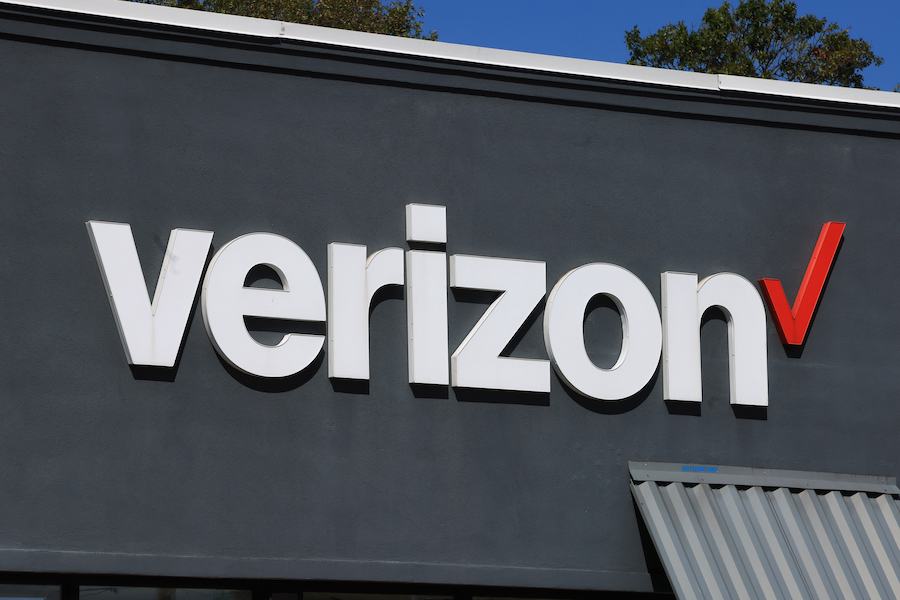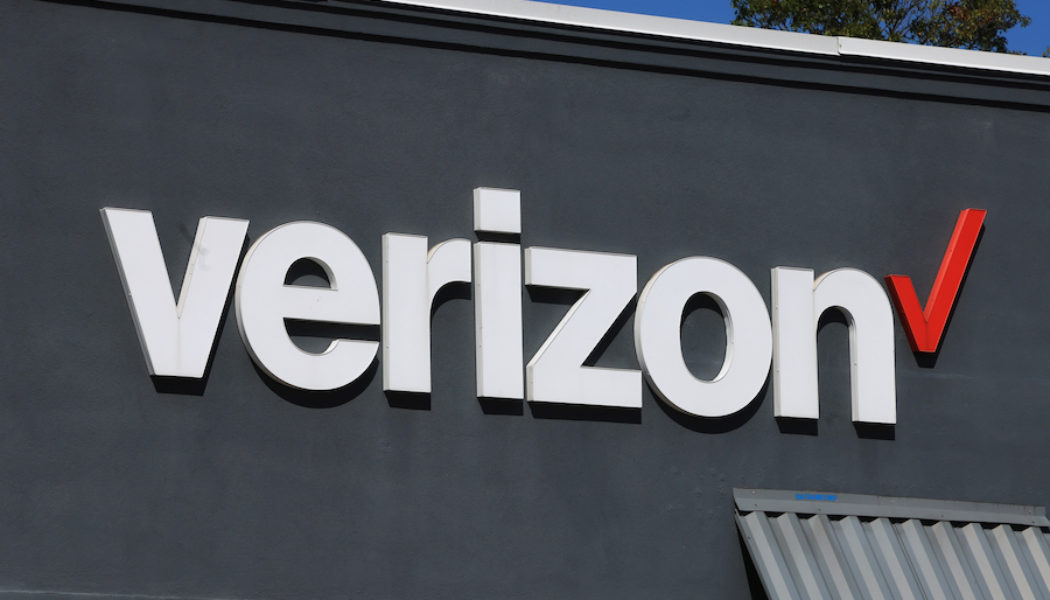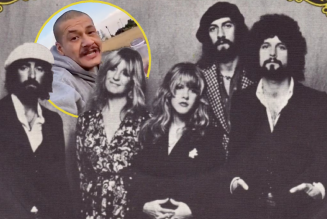
Sony Music, Universal Music Group, and Warner Music Group have filed a joint lawsuit against Verizon, alleging the internet service provider of facilitating “massive copyright infringement committed by tens of thousands of its subscribers.”
The suit, filed in filed in Manhattan July 12, claims that Verizon has failed to protect copyrighted material by knowingly providing high-speed internet to a large community of online pirates. The complaint says that these pirates are drawn to the fast download speeds Verizon advertises, and as a result, customers may illegally download and redistribute copyrighted sound recordings more efficiently, using P2P networks like BitTorrent. And because Verizon offers even faster internet speeds at higher prices, the labels claim the company is blatantly profiting off illegal activity when pirates opt for a premium tier.
The suit adds that Verizon is fostering a “safe haven” for copyright infringement, despite the labels having sent over 340,000 notices to the company since early 2020. Verizon allegedly “acknowledged that it received these notices of infringement,” yet “deliberately chose to ignore Plaintiffs’ notices, willfully blinding itself to that information and prioritizing its own profits over its legal obligations.”
“While Verizon is famous for its ‘Can you hear me now?’ advertising campaign, it has intentionally chosen not to listen to complaints from copyright owners,” reads the lawsuit. “Rather than taking any steps to address its customers’ illegal use of its network, Verizon deliberately chose to ignore plaintiffs’ notices, willfully blinding itself to that information and prioritizing its own profits over its legal obligations.”
The labels have also filed an “illustrative and non-exhaustive” list of 17,335 works that Verizon’s customers have allegedly infringed. It’s a whopping 408 pages, and includes songs by Beyoncé, Drake, the Rolling Stones, the Beatles, Michael Jackson, Cardi B, Lorde, Nirvana, Blink-182, and tons, tons more.
The labels seek substantial damages, potentially exceeding $2.6 billion, reflecting the statutory damages of up to $150,000 per work infringed.









